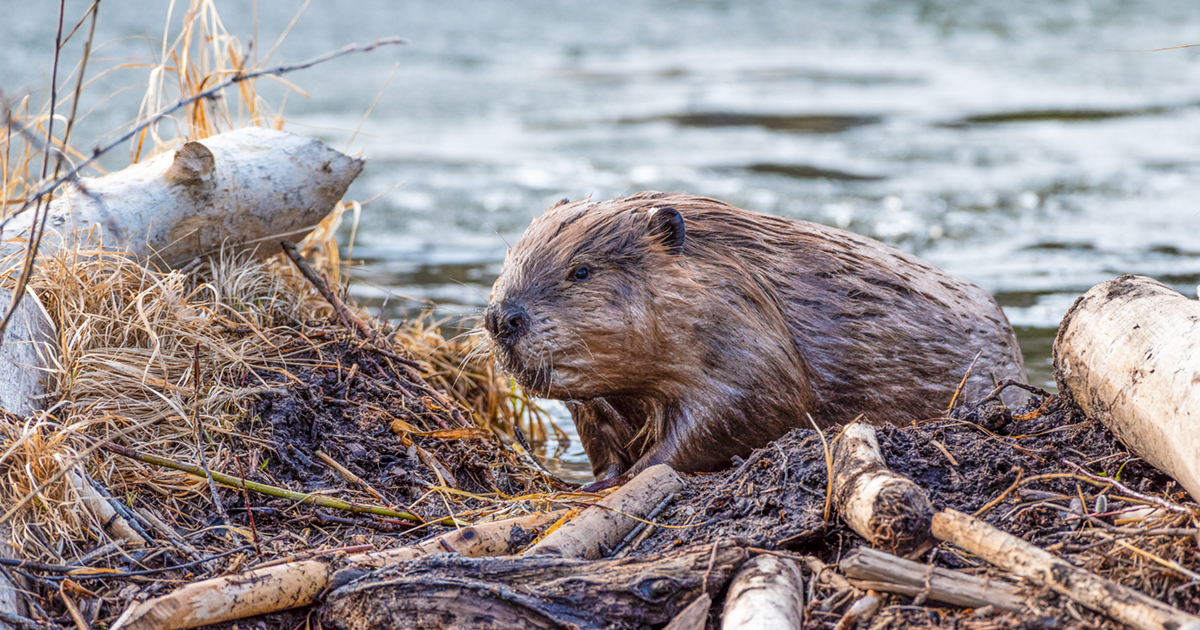
Big change happens in the Prime Minister’s Office. But changes that affect your day-to-day life and govern many issues like waste management, sewage, property taxes and frequently wildlife take place at the local level.
This is your municipality, or local government. It can come in various forms: Cities, Towns, Villages, Hamlets, Regional Districts, Regional Municipalities and other titles effectively sort local governance into a single body. In much of Canada, these municipalities overseen by a body of elected politicians, frequently titled Councillors; the leader of these governments are often called Mayors but may also be Regional Chairs.
Operations and planning, while ultimately approved by councils, are undertaken by paid staff members who work within a corporate structure in a municipality. Municipalities are bound by provincial and federal legislation, such as Ontario or British Columbia’s Municipal Acts.
Why this matters
If your concern is local there’s a good chance your local representatives on Council will be the ones who be able to hear your needs and provide solutions or at least guidance on the matter.
Local municipalities manage these and other responsibilities:
- Local infrastructure (roads (but not highways necessarily), sewage, utilities, building permits);
- Environmental planning (trails, parks, some management of wildlife-related issues);
- By-laws (locally created laws that address specific local issues – there may be overlap with other statutes or legislation at another level of governance); and,
- Institutions (recreation facilities, libraries, fire, police, ambulance, etc.).
- This is by no means a complete list, and it isn’t reflective of every community in Canada. Specific regional needs, population and tax pool, proximity to other communities and type of community will affect each individual municipality’s roles.
As can be seen in this list, many of the issues The Fur-Bearers and other environmental advocates deal with take place at the local level. And if they don’t, your local government can be helpful in identifying who is responsible.
Examples From The Fur-Bearers
Municipalities are a frequent contact point for The Fur-Bearers across a variety of issues. Here’s a few that we deal with regularly:
- Beaver dams and trapping. Human conflict with beavers – particularly their damming activities and how they influence infrastructure – are common with municipalities. We frequently work with Roads, Sewage and Public Works departments to provide solutions.
- Habitat protection. Local developments need to meet a lot of standards and face permitting processes, and some of those occur at the municipal level. Environmental setbacks, wildlife corridors and even management of some provincial environmental statutes can be influenced at the local level.
- Municipalities will note that wildlife is a provincial matter, but frequently, they’re the first line: animal control, wildlife feeding by-laws and enforcement, educational efforts on coexistence and other matters are handled locally.
How do I find which municipality I’m in?
The easy way is to say, “Hey Google/Siri, what town am I in?”
If you’re more comfortable typing than speaking to your devices, you can just search your address in Google or another search engine for a quick answer.
For those interested in a less digital solution: check any correspondence you’ve received from your government. This includes property taxes, bylaw notifications, meeting notifications or parking tickets. Some junk mail may also contain your municipality’s name.
In some areas you may search for your town and find out it doesn’t have a municipal website or information – and that’s probably because your community is part of a larger, regional municipality. These types of amalgamation do occur and can create a bit of confusion. But again – most municipalities are quite happy to help you figure out whom you should be speaking to, so if you’re uncertain, just give their main number a call and politely ask for assistance!
Further Reading: Parliament of Canada’s introduction to how government works

